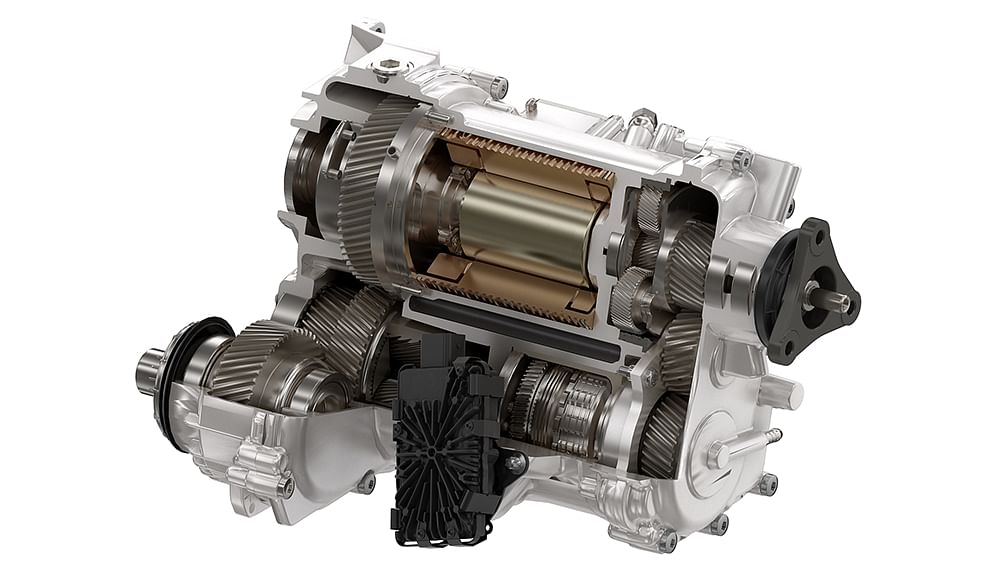Magna and BJEV to engineer and build EVs for Chinese market
Magna International will, for the first time, will supply cars engineered and built outside its vehicle manufacturing facility in Graz, Austria.
BJEV, a subsidiary of the BAIC Group for electric cars, and Canada-based Magna International, a global automotive supplier and one of the world's leading brand-independent vehicle contract manufacturer, have signed an agreement for two new joint ventures for manufacturing and engineering new electric vehicles.
Over the coming months, Magna and BJEV will work with authorities to implement legally binding joint-venture agreements which will govern the operations of these two joint ventures. China is currently the world's leading market for electric mobility. By 2020, the number of all-electric cars on China's roads is forecasted to reach around five million.
The engineering and manufacturing JVs are expected to take over an existing BAIC manufacturing facility in Zhenjiang, Jiangsu province, where the first production vehicles are planned for 2020. The plant has the capacity to build up to 180,000 vehicles per year.
"These joint venture operations mark an historic milestone for Magna. For the first time we will be providing our customers with cars engineered and built outside our complete vehicle manufacturing facility in Graz, Austria," said Don Walker, CEO of Magna International. "It's a unique capability for Magna, especially with our ability to produce vehicles with conventional, hybrid and electric powertrains, and we are excited to bring it to a market like China where there is a tremendous opportunity."
During the ceremony, Xu Heyi, chairman of BAIC Group said, "From a strategic point of view, the establishment of the JVs will benefit both Magna and BAIC to further strengthen our business growth in China. Based on an open and sharing platform, we will jointly develop and manufacture premium smart electric vehicles."

Magna's etelligentDrive eDS 48V high-performance system is claimed to be the world's first four-wheel drive system to provide better fuel efficiency than two-wheel drive.
In April 2018, BAIC Group and Magna had announced that they would jointly develop the next-generation, smart electric vehicle architecture for the Chinese market. This vehicle architecture will be transferred to the engineering joint venture and will form the platform of the new electric vehicles to be launched under the new joint venture.
Magna had recently announced that its 48-volt mild-hybrid transfer case could achieve up to 10 percent CO2 savings as compared to a conventional two-wheel-drive system and can be easily integrated into existing drivetrains.
Also read: Magna Steyr to develop smart EV architecture for China’s BAIC Group
Magna to retrofit and scale up May Mobility’s self-driving shuttles in the US
Magna and Renesas to develop ADAS system for entry and mid-range vehicles
Magna to supply structural castings to JLR from new plant in the UK
Magna bags GM supplier of the year awards
RELATED ARTICLES
Autoliv Plans JV for Advanced Safety Electronics With China’s HSAE
The new joint venture, which is to be located strategically near Shanghai and close to several existing Autoliv sites in...
JLR to Restart Production Over a Month After September Hacking
Manufacturing operations at the Tata Group-owned British luxury car and SUV manufacturer were shut down following a cybe...
BYD UK Sales Jump 880% in September to 11,271 units
Sales record sets the UK apart as the largest international market for BYD outside of China for the first time. The Seal...






 By Autocar Professional Bureau
By Autocar Professional Bureau
 19 Jun 2018
19 Jun 2018
 5229 Views
5229 Views





 Ajit Dalvi
Ajit Dalvi




